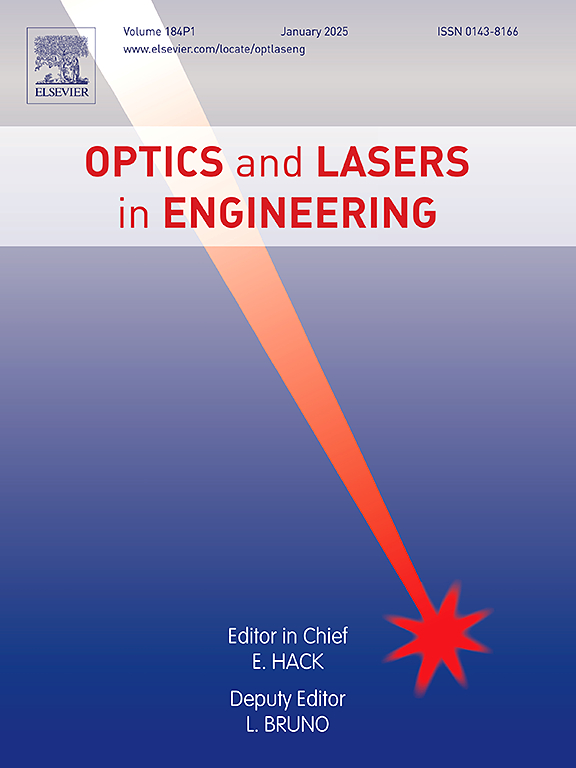Active wavefront shaping for multimode fiber optical tweezers with structured light
IF 3.5
2区 工程技术
Q2 OPTICS
引用次数: 0
Abstract
Optical fiber tweezers have proven highly effective in precisely manipulating and trapping microscopic particles. Most existing demonstrations use single-mode fibers, which require tapered ends and are limited to single-particle control. Although multimode fibers (MMFs) can generate arbitrary structured light fields by transmitting multiple spatial modes simultaneously, inherent mode crosstalk renders the transmitted light field uncontrollable. In this study, we demonstrate MMF optical tweezers capable of manipulating and trapping multiple microspheres by projecting structured light, achieving performance comparable to that of holographic optical tweezers. By employing neural networks to guide active wavefront shaping and mitigate mode crosstalk, we achieved precise projection of structured light fields. Our experimental setup, which includes a green laser and a digital micromirror device, enabled the generation of focused and structured light through the MMF. We successfully manipulated single microspheres along a defined path and trapped multiple microspheres simultaneously using ring-shaped structured light. These results highlight the versatility and potential of MMF optical tweezers for advanced optical manipulation applications.
利用结构光对多模光纤光镊进行有源波前整形
事实证明,光纤镊子在精确操纵和捕获微观粒子方面非常有效。现有的演示大多使用单模光纤,这种光纤需要锥形末端,仅限于单粒子控制。虽然多模光纤(MMF)可以通过同时传输多个空间模式产生任意结构的光场,但其固有的模式串扰使传输的光场无法控制。在这项研究中,我们展示了 MMF 光镊,它能够通过投射结构光来操纵和捕获多个微球,其性能可与全息光镊媲美。通过采用神经网络来引导主动波前整形和减轻模式串扰,我们实现了结构光场的精确投射。我们的实验装置包括一个绿色激光器和一个数字微镜装置,能够通过 MMF 产生聚焦的结构光。我们成功地操纵单个微球沿着确定的路径前进,并利用环形结构光同时捕获多个微球。这些结果凸显了 MMF 光镊在先进光学操纵应用方面的多功能性和潜力。
本文章由计算机程序翻译,如有差异,请以英文原文为准。
求助全文
约1分钟内获得全文
求助全文
来源期刊

Optics and Lasers in Engineering
工程技术-光学
CiteScore
8.90
自引率
8.70%
发文量
384
审稿时长
42 days
期刊介绍:
Optics and Lasers in Engineering aims at providing an international forum for the interchange of information on the development of optical techniques and laser technology in engineering. Emphasis is placed on contributions targeted at the practical use of methods and devices, the development and enhancement of solutions and new theoretical concepts for experimental methods.
Optics and Lasers in Engineering reflects the main areas in which optical methods are being used and developed for an engineering environment. Manuscripts should offer clear evidence of novelty and significance. Papers focusing on parameter optimization or computational issues are not suitable. Similarly, papers focussed on an application rather than the optical method fall outside the journal''s scope. The scope of the journal is defined to include the following:
-Optical Metrology-
Optical Methods for 3D visualization and virtual engineering-
Optical Techniques for Microsystems-
Imaging, Microscopy and Adaptive Optics-
Computational Imaging-
Laser methods in manufacturing-
Integrated optical and photonic sensors-
Optics and Photonics in Life Science-
Hyperspectral and spectroscopic methods-
Infrared and Terahertz techniques
 求助内容:
求助内容: 应助结果提醒方式:
应助结果提醒方式:


